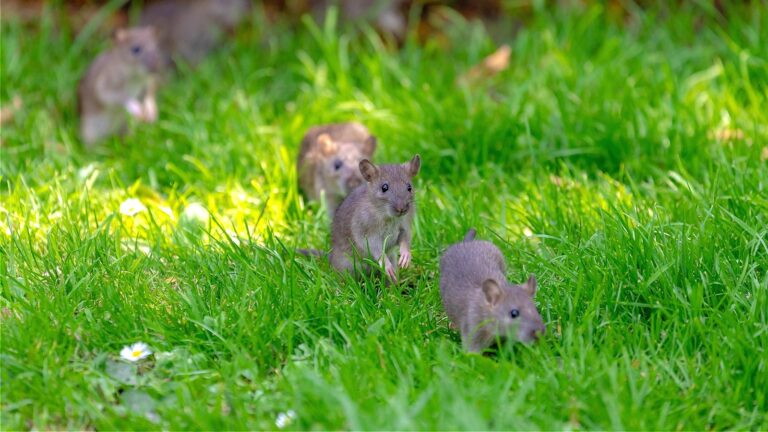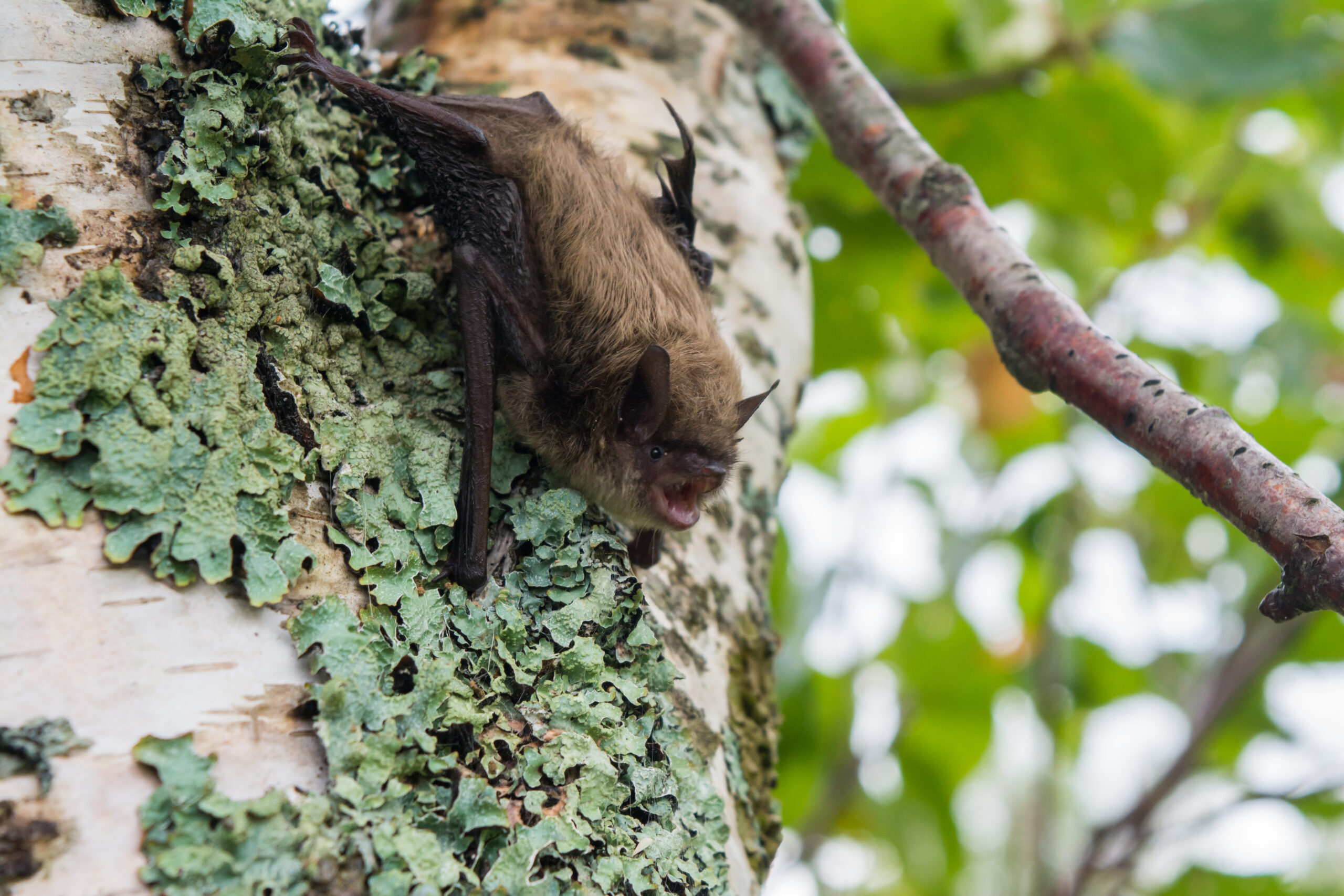As gardening enthusiasts, we revel in the beauty of lush gardens but often find ourselves in a balancing act with local wildlife. Encouraging a thriving garden while respecting the wildlife that wanders in can be a delicate task. Here, we explore natural and humane methods to protect your garden without causing harm to the visiting animals.
Understanding Wildlife Behavior:
Understanding the behavior of local wildlife is the first step to safeguarding your garden. Different animals have varying preferences and habits. For instance, rabbits might nibble on leafy greens, while birds might target fruits. Knowing their habits helps in creating targeted deterrents without disrupting their natural routines.
Creating Natural Deterrents:
- Physical Barriers: Fencing, mesh, or netting around garden beds protect against rabbits, deer, and other larger animals.
- Scent-Based Deterrents: Using scents like citrus, vinegar, or certain plants (lavender, marigolds) can deter animals due to their strong aroma.
- Repellent Plants: Incorporating plants that animals dislike, such as mint, basil, or rosemary, around vulnerable areas can act as a natural deterrent.
- Motion-Activated Devices: Devices that emit noise or motion when animals approach can startle them away without causing harm.
Garden Design and Maintenance:
- Mulching and Tilling: Regularly tilling the soil and using mulch can deter digging animals like groundhogs or skunks.
- Companion Planting: Some plants complement each other while repelling specific wildlife. For instance, planting onions or garlic alongside vulnerable crops can deter pests.
- Elevated Gardening: Raised garden beds or vertical gardening methods can make it harder for animals to access plants.
Respecting Wildlife:
It’s crucial to remember that animals are a part of our ecosystem. While deterring them from our gardens, we aim to do so without causing harm. These methods prioritize creating a barrier or deterrent rather than inflicting injury or stress on the animals.
Success Stories:
Many gardeners have found success in using these natural methods. One gardener, Sarah, implemented a mix of mesh fencing and aromatic plants to protect her garden. Another, Tom, used companion planting to deter pests while fostering a biodiverse garden.
Conclusion:
Protecting your garden from wildlife can be achieved in harmony with nature. By understanding their habits and implementing natural deterrents, we create a garden sanctuary while respecting the wildlife that shares our space.
At Montgomery Wildlife, we advocate for humane practices that protect both gardens and wildlife. If you’re facing persistent challenges, our team can offer guidance and solutions that align with our commitment to ethical wildlife management.



